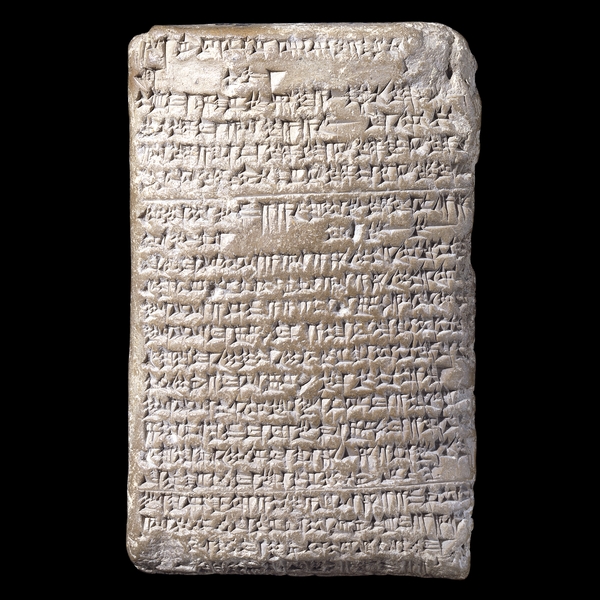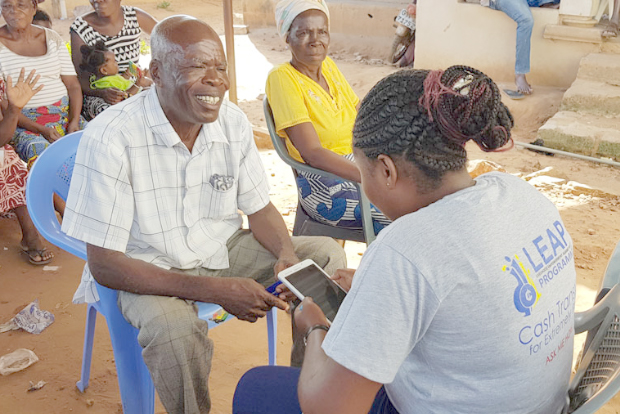
From Clay Tablets…
You may not be wrong to liken data to life. Many are of the view that the origin of data collection can be traced back to the days of record keeping. Some publications point to the fact that Egypt and ancient Sumer were the hubs where records were first written as far back as five thousand (5000) or more years ago. Clay slates were predominately used for keeping these records. Events, time, dates, names, people, properties and other key facts and figures were manually recorded.
 …To Paper
…To Paper
However, the emergence of paper-based data collection took center stage to completely phase out the ancient record keeping on clay slates. Due to high demand, global production of paper has soared. The Forest Stewardship Council estimates approximately four hundred (400) million tons of paper are produced globally each year. A chunk of this paper goes into the collection of data and other data related activities. This has since become unproductive, time-consuming, costly and archaic. With paper-based data collection, safety and security of data gathered cannot be guaranteed. They are susceptible to damage accidentally and tampering – which goes against the whole principle of record keeping.
 …To Mobile
…To Mobile
Presently, the digital age has inspired the migration from traditional to technology focused economic activity. The era has birthed mobile devices, electronic gadgets and Apps to accelerate the processes of production and make everyday life more comfortable. Now, data collectors can digitize their data electronically without undue delays. Certainly, the English Naturalist who propounded the evolution theory, Charles Robert Darwin was right when he said, “A man who dares to waste one hour of time has not discovered the value of life”. With a simple mobile device and an App, data is generated digitally with speed and precision. This is the essence behind the Insyt App, powered by Esoko, which intends to help organizations collect good quality data at a fraction of the time spent using paper-based methods. Efficiency matters and so do track records.
Most individuals, business owners, NGOs, government agencies, developmental bodies etc. who have digitized their data can attest to the many advantages it has offered over paper forms. In Sierra Leone, for instance, the government in collaboration with the World Bank used ten (10) weeks to collect digital data on eleven thousand (11,000) schools in that country. The process helped the government to effectively plan and implement its flagship free education program with accurate data.
Similarly, in Ghana, the government in partnership with a pioneering Tech Firm, Esoko in a record time of two months profiled four hundred thousand (400,000) households under the government’s Livelihood Empowerment Against Poverty (LEAP) program using its data collection tool, Insyt. This is exemplary progress being made – and it is clear paper-based data collection remains a lesson of retrogressing.
In the spirit of advancement, it is prudent to note that the importance of digital data collection is incontestable and outweighs paper data collection. Evidently, digitized data can be updated and recovered with a lower risk of duplication and errors. More so, data is made simple and accessible, escaping the difficulty associated with voluminous and unarranged data in the primitive realm of paper data collection. By now, where everyone belongs is obvious. Do you belong to where you can gain insight into your data for informed decision making with analysis and visualization options, or to the period of flipping through dust gathering paper-based data on overburdened shelves?
The good thing is that existing data collected on paper can be digitized. No need to discard it to start over. Do not live in the past. The digital presence is positively alive. Make a move now to save time and money because they are both precious.
Let’s go digital!


